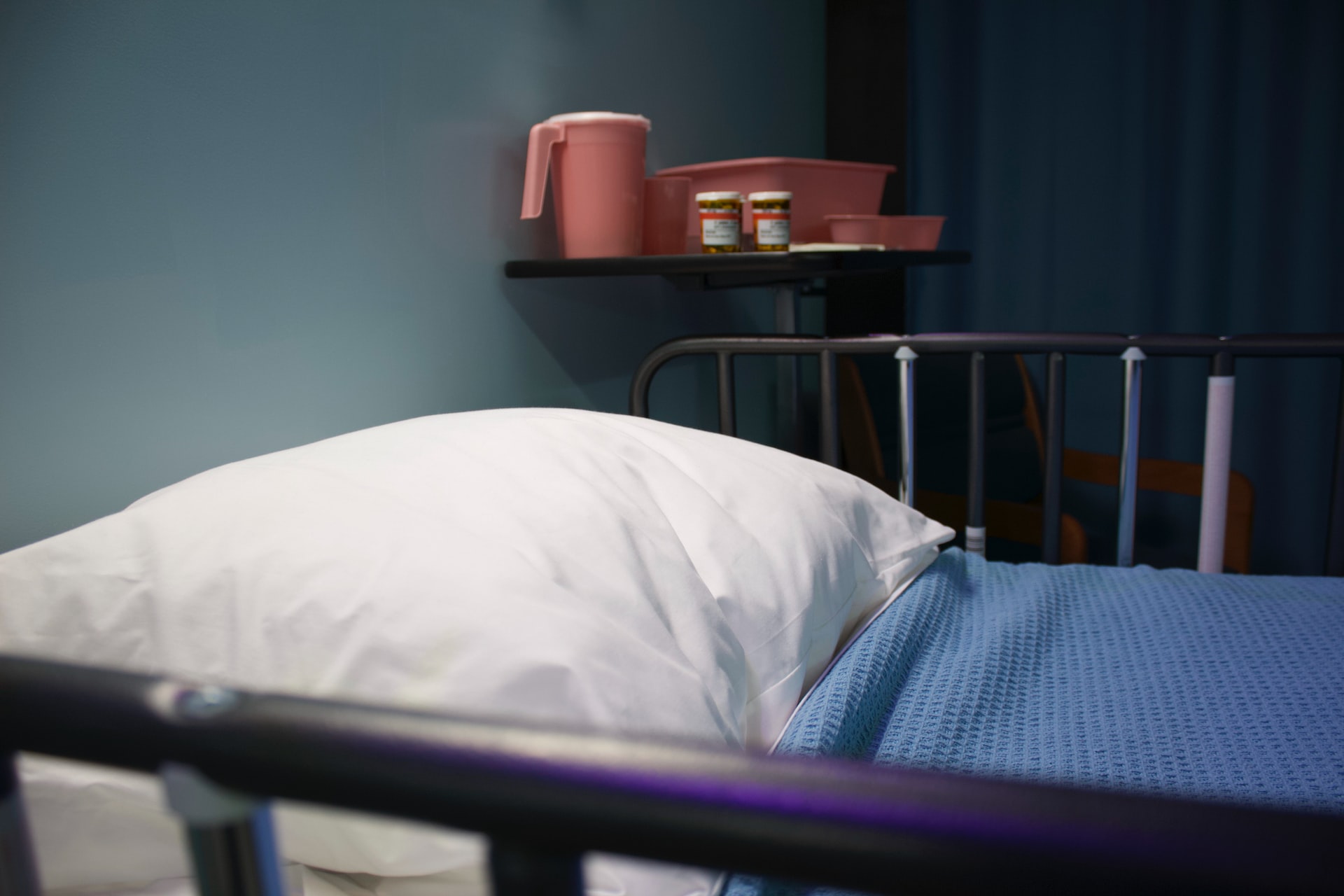When my grandfather was nearing his demise, he became angry and bitter. The man who never even swore at anybody was now howling and screaming abuses at his caretakers 24×7. People praised the caretaker’s patience and rued my grandfather’s thanklessness. He had bed sores and infection all over his body and had to use a catheter. He was in so much agony – and that was all left of him. He would constantly call his sons just to have them stand near him. They would keep asking him what was wrong and get agitated as they had offices to go to. While the comfort was all in having them there, they could not have grasped his medical pain anyway.
When I fell super sick one time, to the point of not being able to talk, I would just curl up in my mother’s lap. She’d keep asking what was wrong and all I could do was hug her harder in response.
Also read: So Young and Sick
Medical pain is cripplingly lonely, with its episodes of debilitating pain and then suddenly feeling okay. Especially for someone who has never been sick before, it’s pure panic and chaos as your body behaves in weird ways and you cannot do anything but watch. When women tell horror stories of their pregnancies and childbirth, the trauma is glossed over by the arrival of the baby. But that kind of pain induces loneliness so deep that nobody but the person can understand. The person also understands this pain cannot be conveyed, unless to a doctor. The doctor becomes god because he just might know how much it hurts. He might give you painkiller to help ease it.
When I fell sick, I decided to hide it from my parents as to not worry them. When I did tell them, it had already gotten beyond my control. I needed someone to drive me for tests and sign the hospital consent form for me. The consent form says whatever happens to you after this procedure, whether you live or die , it’s on you. For a person who is already bleeding uncontrollably or having unexplainable excruciating pains, this is just the epitome of his loneliness – his life in his own hands.
Also read: Everything They Don’t Tell You About Hospitals
The friends and relatives show up for support and sit outside for a while, and it helps. It helps knowing there’s someone out there, especially knowing your father isn’t sitting alone out there. It’s comforting to know my mother is with her sister so I can focus on my own pain. Slowly, however, given the duration of the illness, people get busy with their lives and stop showing up. If it has become a habitual thing, who has the time to be with you every time especially if it’s not life-threatening?
After a while of illness, people get bored with it. They start demanding your participation in society and for you to be like you were before the illness. But it’s hard to keep up with it, physically, mentally and emotionally. Then comes the fear of not being able to match up with others, to fail your spouse and friends. This failure, if anything, further intensifies the loneliness because the ones who are supposed to understand or sympathise are now over it. Now, they start getting irritated with why you always stay home, why you don’t “think positively” and why don’t you try to make yourself feel better. That’s when you start pretending that everything’s fine. Because every time you tell somebody it hurts, they will either make you feel like a failure or a pitiful person, there’s no understanding that my capabilities are just altered, not lost.
This pretence doesn’t last too long as the new bout of illness takes over. And everybody is left surprised thinking, “Oh! I thought she was doing better!”
They look at you with pity as you slow down while walking to catch your breath, offer advice and home remedies, or say everything happens for a reason. What I want to tell them sometimes is this: You might have gotten over my illness, but for me, it is indeed my ongoing reality. I deal with it the best way I can, and if you cannot understand, then it’s okay, nobody expects you to – we ourselves don’t understand it well.
Just being there, just listening, is enough.
Devika Mann is a literature major who is also a self-proclaimed aesthetician and is absolutely in love with poetry, tea, and windows. Send her a poem on her Tumblr account.
Featured image: Bret Kavanaugh / Unsplash

